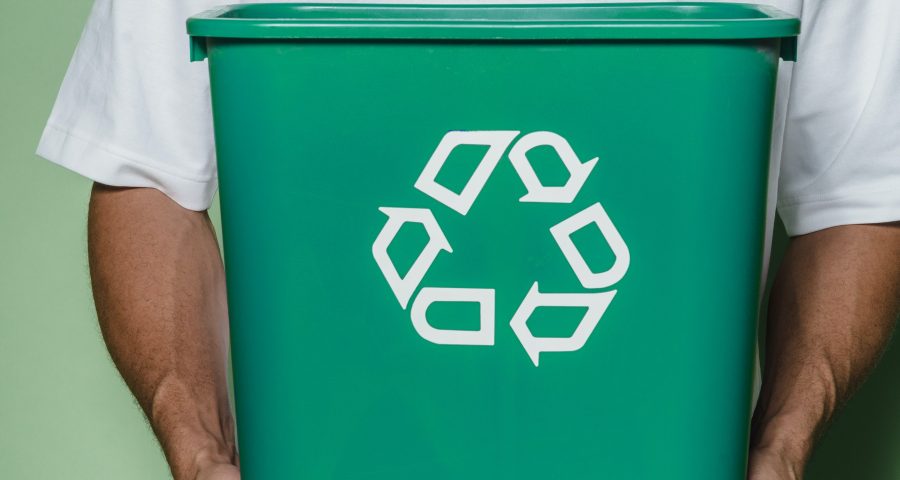Common plastic items like food and beverage containers CAN be recycled. But is the juice always worth the SQUEEZE?
This is Sandra Tsing Loh with the Loh Down on Science.
Our oceans and landfills are overflowing with plastic waste. Hundreds of millions of tons are produced each year. Recycling can make a difference, but plastics have to be CRACKED or broken down first. And that’s expensive. Can recycling be done more cheaply?
Wei Zhang and team from the Technical University of Munich and Department of Energy collaborated. They wanted to CRACK the code on economic recycling methods.
They converted plastic into fuel using an energy-efficient two-step reaction. Since cracking uses a lot of energy, they paired it with another reaction that produces energy! This reaction is called alkylation. The energy produced from the alkylation reaction can be used in the CRACKING reaction. This can give plastic waste a second life using less energy than current recycling standards!
Reducing waste is hard, but ALKYNES of creative solutions exist!
Reference:
Zhang, W., Kim, S., Wahl, L., Khare, R., Hale, L., Hu, J., Camaioni, D. M., Gutiérrez, O. Y., Liu, Y., & Lercher, J. A. (2023). Low-temperature upcycling of polyolefins into liquid alkanes via tandem cracking-alkylation. Science (New York, N.Y.), 379(6634), 807–811. https://doi.org/10.1126/science.ade7485

